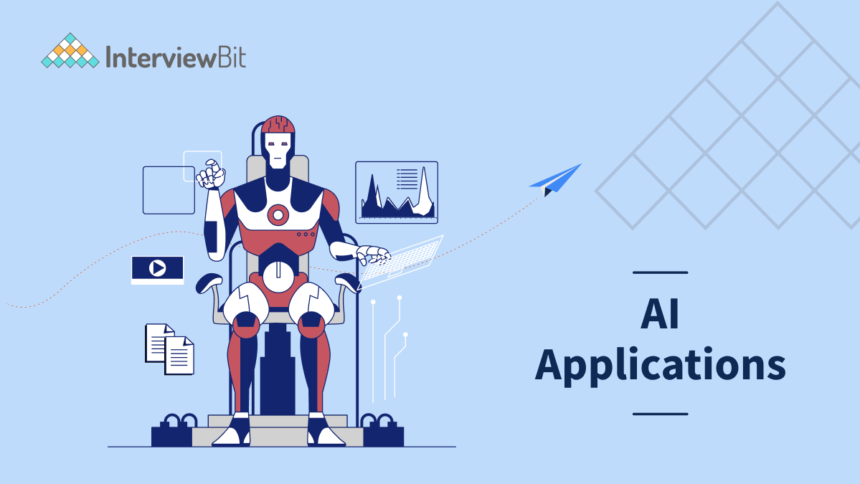Introduction
Machine Learning (ML) is a subfield of Artificial Intelligence (AI) that focuses on developing algorithms and models capable of learning from data and making predictions or decisions without explicit programming. ML has witnessed significant advancements in recent years, enabling breakthroughs in various domains. In this blog, we will explore the advancements in machine learning and its diverse applications across industries.
Evolution of Machine Learning: Machine Learning has evolved from simple statistical models to more complex algorithms capable of handling vast amounts of data. The rise of big data and the availability of powerful computing resources have played a crucial role in pushing the boundaries of ML. Techniques such as deep learning, reinforcement learning, and generative models have revolutionized the field, enabling machines to perform tasks once considered exclusive to human intelligence.
Applications in Healthcare: Machine Learning has found extensive applications in the healthcare industry, ranging from disease diagnosis to drug discovery. ML algorithms can analyze medical images, such as X-rays and MRI scans, to assist in the detection of abnormalities and early diagnosis of diseases. They can also analyze patient data to predict disease risks, optimize treatment plans, and personalize patient care. Additionally, ML is being used to analyze vast amounts of genomic data, accelerating drug development and enabling precision medicine.
Enhancing Customer Experience: Machine Learning has transformed the way businesses interact with customers. ML algorithms can analyze customer data and behavior to provide personalized recommendations, improving customer satisfaction and driving sales. Natural Language Processing (NLP) models powered by ML enable chatbots and virtual assistants to understand and respond to customer queries, enhancing customer support. ML algorithms can also analyze customer feedback and sentiment analysis, helping companies gain insights into customer preferences and adapt their strategies accordingly.
Autonomous Vehicles: Machine Learning plays a vital role in the development of autonomous vehicles. ML algorithms enable vehicles to perceive and interpret their surroundings using sensors and cameras, allowing them to navigate safely and make informed decisions in real time. Through ML, autonomous vehicles can learn from vast amounts of data and improve their driving capabilities, enhancing road safety and reducing accidents. ML is also used in developing advanced driver-assistance systems (ADAS), which improve vehicle safety and provide features like lane-keeping assistance and adaptive cruise control.
Fraud Detection and Cybersecurity: ML algorithms have proven to be effective in detecting and preventing fraudulent activities. By analyzing patterns and anomalies in vast datasets, ML models can identify suspicious transactions, flagging potential fraudulent activities. This has applications in various domains, including finance, e-commerce, and healthcare. ML is also used in cybersecurity to detect and prevent cyber threats. It can analyze network traffic, identify suspicious behaviors, and protect systems from malicious attacks, enhancing data security.
Conclusion
Machine Learning has revolutionized the field of Artificial Intelligence, enabling computers to learn from data and make informed decisions. The advancements in ML algorithms and techniques have led to breakthroughs in healthcare, customer experience, autonomous vehicles, fraud detection, and cybersecurity, among other domains. As the field continues to progress, we can expect even more innovative applications and improved performance. With the power to analyze vast amounts of data and uncover valuable insights, Machine Learning is poised to reshape industries, drive innovation, and unlock new possibilities in the realm of Artificial Intelligence.
